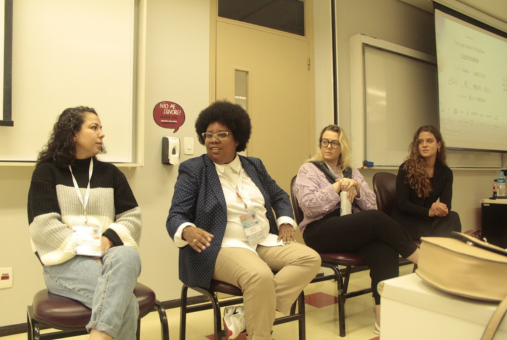
Women's leadership in digital native media has been highlighted by several studies on the sector in Latin America. Managers of journalistic organizations in Brazil have overcome leadership models created by men to find their own styles of team management. They also emphasize the importance of creating and maintaining spaces for exchange with other women leaders in journalism.

In the book “O pulpito” (The pulpit), Folha de S.Paulo journalist Anna Virginia Balloussier discusses topics such as entrepreneurship, politics, tithing, abortion and sex among evangelicals, seeking, as she says in the introduction, to avoid “falling into the trap of reducing individuals to stereotypes.” In an interview, she describes how she seeks to understand a highly heterogeneous phenomenon and responds to criticism of her work.

In Latin America, women working in the press face gender violence within their workplaces and in the public sphere because of the work they do, according to a recent report from the International Federation of Journalists. They also suffer high levels of job insecurity.
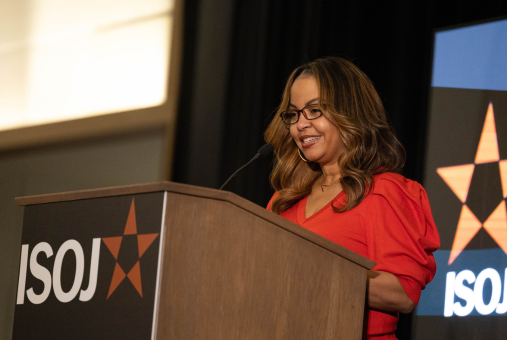
Wendi C. Thomas, founding editor and publisher of nonprofit newspaper MLK50: Justice through Journalism, created a newsroom that centered “people traditionally pushed to the margins.” During her keynote session at the 25th International Symposium on Online Journalism (ISOJ), on April 12, Thomas told that story.
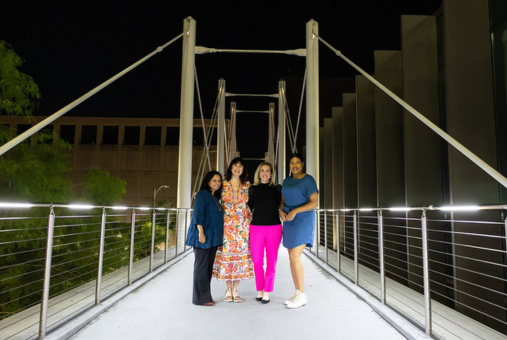
Journalists from nonprofit news outlet The 19th* set the tone for the 25th International Symposium on Online Journalism during this year’s pre-ISOJ event on April 11, a screening of the new documentary “Breaking the News” about the newsroom’s launch and subsequent success. Following the screening, Sonal Shah, CEO of The Texas Tribune, moderated a panel featuring Emily […]
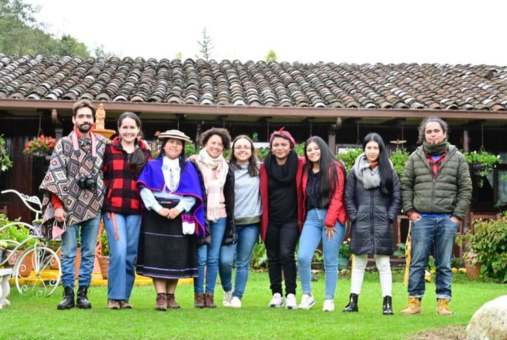
Red Tejiendo Historias, a project of digital media outlet Agenda Propia, is working on a security protocol for journalists and communicators reporting in Indigenous territories of Latin America. It’s based on two manifestos the network has written that call attention to risks they face when reporting.
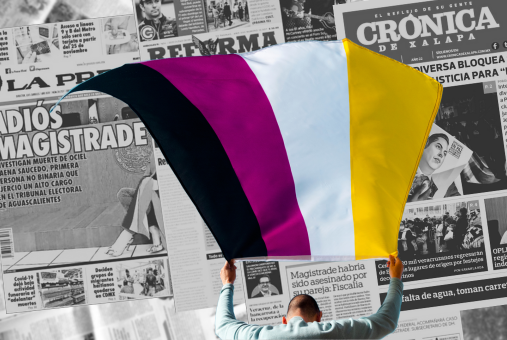
The murder of a prominent nonbinary person in Mexico showed that most media in that country do not have protocols or tools to reflect the realities of this population in their stories. According to experts, beyond making good use of Spanish, journalism must reflect reality with precision, plurality and respect for human rights.
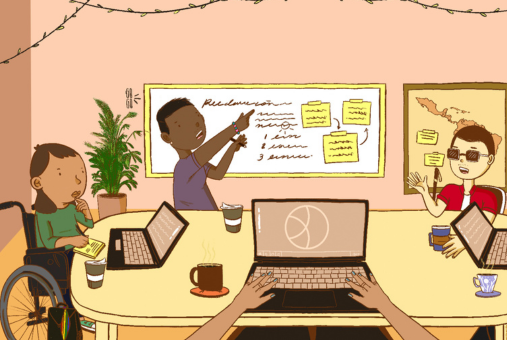
The Network for Diversity in Latin American Journalism held its third online conference, during which speakers from eight countries emphasized taking an intersectional approach on covering diversity issues. They also highlighted the need to provide outlets for multiple voices in reporting.

The Network for Diversity in Latin American Journalism (REDIPE in Spanish) is organizing the third Latin American Conference on Diversity in Journalism, a free online conference, on Oct. 20 and 21, 2023. The event will focus on five main topics focused on furthering diversity, equity and inclusion in the profession and coverage.
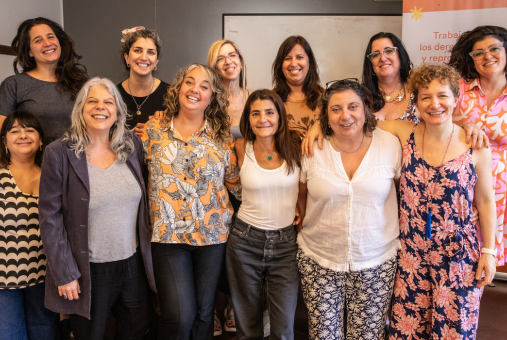
Four years after the appointment of Mariana Iglesias at the Argentine newspaper Clarín, gender editors are promoting changes in news coverage, working to consolidate their positions and facing unprecedented online violence. LatAm Journalism Review spoke with gender editors in four countries to understand the current status of these professionals in the region.